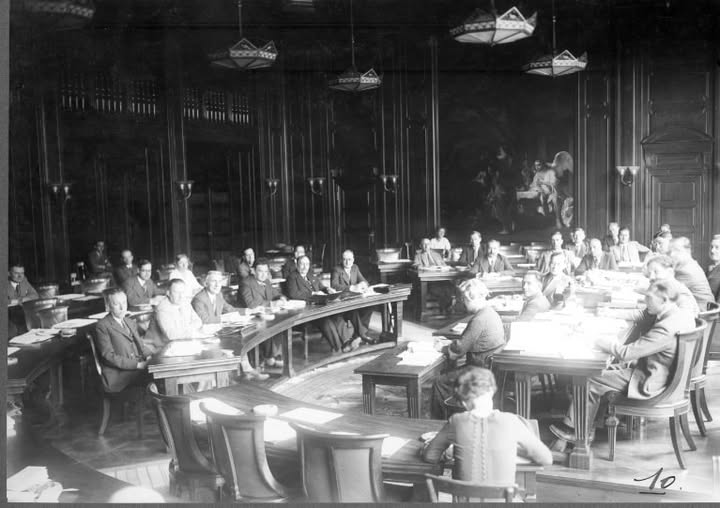19 Jan,26
Most Searched Keywords
03 Aug
ILO Marks 90 Years of Support for Afghan Workers
by Kamran Noori

The International Labour Organization (ILO) has completed 90 years of active support for Afghan workers, playing a vital role in promoting social justice and better working conditions for the people of Afghanistan. Over the decades, the ILO has worked to improve livelihoods and create decent jobs, but its efforts became even more critical after the political changes in August 2021, when Afghanistan entered a period of deep economic crisis and humanitarian emergency.
Following these changes, Afghanistan’s job market faced a serious collapse. According to a rapid assessment by the ILO, by the end of 2021, nearly half a million people had lost their jobs. This number grew to 900,000 by mid-2022, reflecting a 14% drop in overall employment. Women were particularly affected, with female employment falling by 16%, and by mid-2022, that number had reached a 28% decline.
Key sectors such as agriculture, construction, and public services suffered major losses. Many workers became unemployed or went unpaid, and working hours dropped by about 13% compared to levels before August 2021. These challenges have pushed millions into vulnerability and deepened the crisis in the labor market.
Despite all these difficulties, the ILO has continued its support in several important ways. It has created emergency job opportunities in critical sectors, invested in large infrastructure projects to generate employment, supported the growth of small businesses, and focused on skills development. Through these actions, the ILO aims to help Afghan communities rebuild their economies and move toward long-term recovery.
The ILO’s Afghanistan office stressed that while addressing basic humanitarian needs is crucial, long-term recovery depends on creating decent work, stable income, and access to essential services. Jobs are not just about income they bring dignity, hope, and stability to families and society.
The ILO also continues to emphasize the importance of women’s participation in the economy. Even though restrictions have been placed on women, the ILO advocates for their right to work and contribute to rebuilding their communities. Limiting women’s involvement in the workforce can have lasting negative effects on families and the economy as a whole.
Now more than ever, Afghanistan needs global support to stabilize and rebuild its labor market. The future of the country depends on economic recovery that creates real opportunities for Afghan families and supports national resilience in the face of ongoing challenges.
